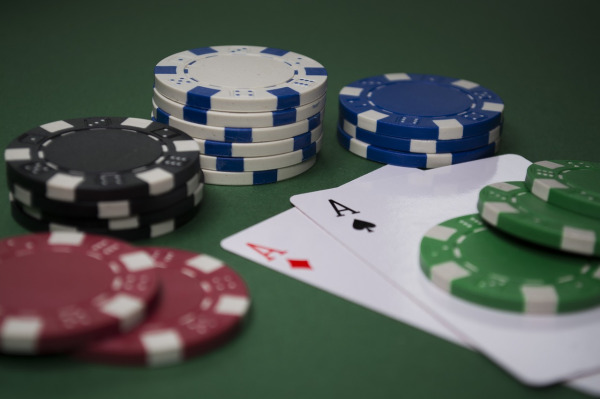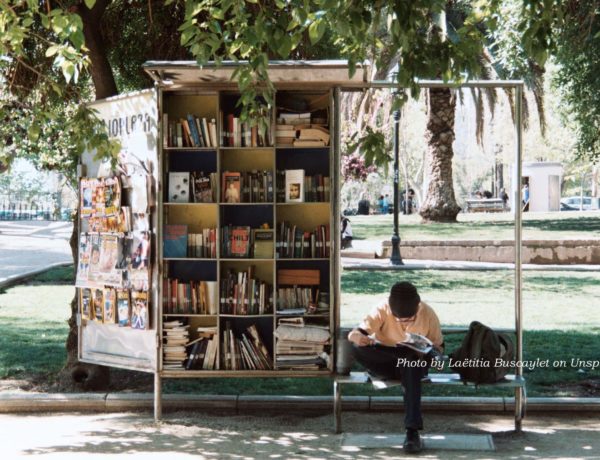Originally published June 19, 2018
I often think about the economic mechanics of international trade—yes, I know that sounds, well, boring. For me, however, economics is one of my mental exercises. I love econ because it involves both math and the uncertain impact of human emotions. Some of the best economists have acknowledged this ever-changing relationship. They use that interaction to create tools to measure markets and human trends—let’s call them the Hari Sheldon’s of the finance world. Case in point. The reason you cannot find a taxi on a rainy night is not because they are all in use—it is because they met their quota early in the evening and went home. The “save for a rainy day” thing doesn’t seem to enter the picture as a motivation.
All that said, trade wars can be more devastating than shooting wars on a number of fronts. For one thing, the effects strike at home, not in some foreign field. Secondly, who are the heroes? The folks who save the interest rate? The folks who save the jobs? How do you gear up factories or build stuff to blow up if the war is in ones and zeros? The effects can also be further reaching. Case in point. When the US economy imploded over the really stupid mortgage market policies, we nearly took the whole world with us. As it happened, we did take down several economies more than a notch or two. The measures put in place to prevent that from happening again have now been reversed.
The point is, I find this interplay—this pool of currencies, products, emotions, and economies, as a fascinating study. I have long been concerned about the amount of treasury debt held by foreign countries. (I’m not the only one). We currently have $6.26 trillion (that’s a T) in Treasury bills, notes and bonds held by foreign countries. The rest of our $21 trillion (yes, t) is owned by either American people or the US government. US government meaning Social Security IOUs and the Fed Reserve, among others. One of the ways the Fed controls the money supply (inflation) is to buy and sell government instruments such as TBills.
Now, China holds about $1.2 trillion with Japan a close second. Would they (the Chinese) sell off a lot of TBills to retaliate in a trade war? Well, they probably would not dump a huge chunk on the market—mostly because that usually does ugly things to prices, even if there is an eager market. One of the reasons they buy so much of our debt is to stabilize their own currency, so they can continue to sell cheap products. But, tariffs change that dynamic. So, maybe a slower, more sedate change in currency bets would be a plan—except that for now a lot of markets are tied to the US dollar (something I’ve never been comfortable with). Sounds cool—being the standard; but if confidence in what we are doing and why goes to pot—well, the “game rules” get rather murky.
That, you see, is the human factor in economics. We can place bets on “confidence” in a trading sector, but we cannot nail the trends without a margin of error that can change with the wind. A few days ago, I posted a note about playing poker with someone who did not “get” the game.
We have worked for decades to develop reliable international markets while doing our best to secure national economic health (meaning the international community). It is not a perfect system, and there does need to be more work. Especially in the areas of human rights. Chinese factory workers do not need to earn what Americans do—their cost of living is quite different. But we do not need to be using child labor at below subsistence levels, nor should people live in squalor, whatever that standard may be in their home country. We need to support our own industries, which usually means purchasing supplies from other countries who can be more efficient or economical about producing them. Case in point. The US solar market lost, by some estimates, 25,000 jobs and a financial loss estimated in billions due to recently imposed tariffs.
Several of our past administrations have had talks with the Chinese about controlling their currency on our backs, but it was an ongoing dance. If they do choose to sell off some of their holdings, that will change our money supply, and it can cause inflation—unless the instruments are bought up quickly. (See above).
So, you see, although international trade and economics can be and intriguing game, the results impact billions of people, some of which live in our country. It takes a deft hand and a strong level of confidence in agreements to keep the engine working well. It’s why you don’t tinker with the confidence thing, or arbitrarily throw away treaties developed with decades of debate— that is only betting wild. Eventually the other players will leave the table. At that point it no longer matters who is holding the winning hand.




No Comments